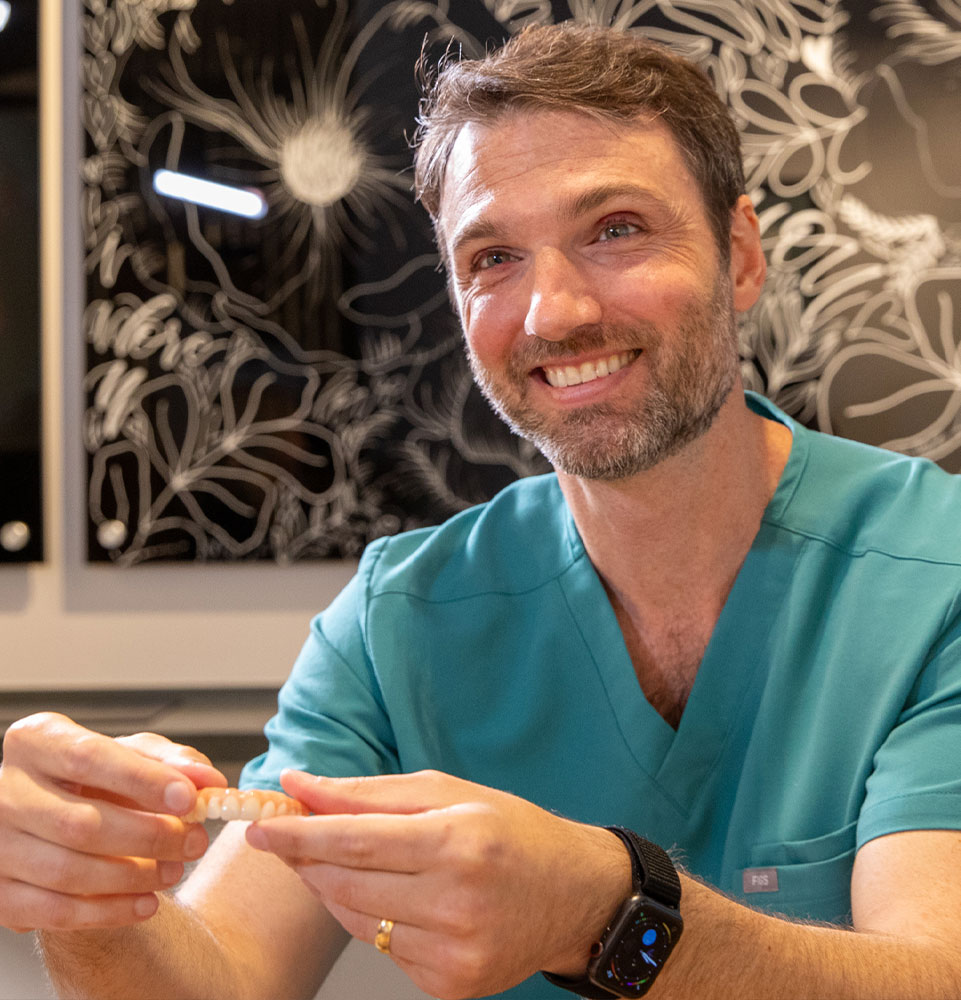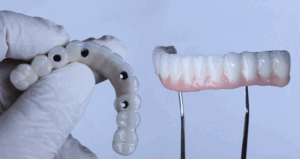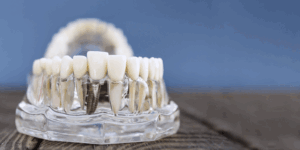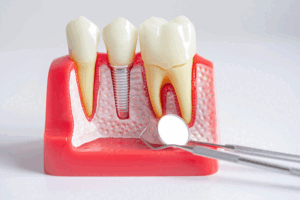Dental implants have revolutionized restorative dentistry, offering a permanent and reliable solution for patients with missing or damaged teeth. Unlike traditional dentures or bridges, implants provide a stable and natural-looking replacement, improving both oral function and aesthetics. A dental implant consists of three essential parts: the implant screw, which fuses with the jawbone; the abutment, which connects the implant to the artificial tooth; and the crown, the visible part that replicates a natural tooth. While all three components play an important role, understanding the abutment is key to the long-term success of the implant.
The abutment on implant acts as a connector between the implant and the final crown, ensuring a secure and stable foundation. Once the implant has integrated with the jawbone through osseointegration, the abutment is carefully attached to the top of the implant. Typically made from titanium or ceramic, the abutment extends slightly above the gum line, serving as a strong base for the dental crown. The success of the implant greatly depends on proper abutment selection and placement, ensuring long-term durability, functionality, and aesthetics.
How the Abutment Affects Implant Stability and Function
The abutment plays a critical role in maintaining implant stability, ensuring that the artificial tooth remains secure and functions like a natural tooth. It serves as the anchor point for the crown, distributing biting pressure evenly to prevent undue stress on the implant or surrounding teeth. A well-fitted abutment allows the implant to withstand daily chewing forces, preserving the integrity of both the implant and adjacent teeth. Without a properly placed abutment, the implant may become unstable, leading to potential complications such as loosening or implant failure.
In addition to providing support, the abutment also impacts comfort and aesthetics. A precisely selected and positioned abutment enhances the overall appearance of the implant, ensuring that the crown sits naturally within the gum line. This is especially important for front teeth, where achieving a seamless and realistic look is a top priority. Choosing the right abutment directly influences the success and longevity of your dental implant, making it a crucial factor in achieving a functional and visually appealing smile.
Types of Abutments: Choosing the Right Fit for Your Needs
Abutments come in different types and materials, each tailored to specific anatomical and cosmetic needs. Custom abutments are designed for an exact fit, providing optimal comfort and a natural-looking appearance. These abutments are especially beneficial for front teeth, where aesthetics play a major role in treatment success. Custom abutments allow for better gum contouring, creating a more seamless integration with the surrounding tissue.
Alternatively, stock abutments are pre-manufactured in standard shapes and sizes, offering a more cost-effective and widely used option. While they may not provide the same level of customization as their tailored counterparts, they work well in cases where precision aesthetics are not the primary concern, such as back teeth restorations. The material of the abutment is equally important; titanium abutments are known for their strength and durability, while zirconia abutments offer superior aesthetics with a tooth-colored appearance, making them ideal for visible areas.
Ensuring Long-Term Success with Proper Care and Maintenance
The longevity of a dental implant depends on proper post-operative care, hygiene, and routine dental check-ups. Once the abutment and crown are placed, it is essential to maintain a strict oral hygiene regimen to prevent infections such as peri-implantitis, a condition that can lead to implant failure. Patients should brush twice daily with a soft-bristle toothbrush, floss carefully around the implant, and use an antimicrobial mouth rinse to keep bacteria at bay.
Regular visits to the dentist are crucial for monitoring implant stability and ensuring gum health. During check-ups, your dentist will assess the abutment and crown, ensuring that they remain securely in place and function optimally. Additionally, avoiding habits such as chewing on hard objects, teeth grinding, and smoking will further protect the implant from unnecessary stress. By committing to proper care and professional monitoring, patients can enjoy the long-term benefits of a stable, functional, and aesthetically pleasing dental implant.
Are you ready to restore your smile with dental implants at our skilled and trusted dental practice? Don’t wait to get the smile of your dreams with us. Get in contact with our doctor, Dr. Adam Carter and our exceptional team at our practice to schedule an appointment today!






